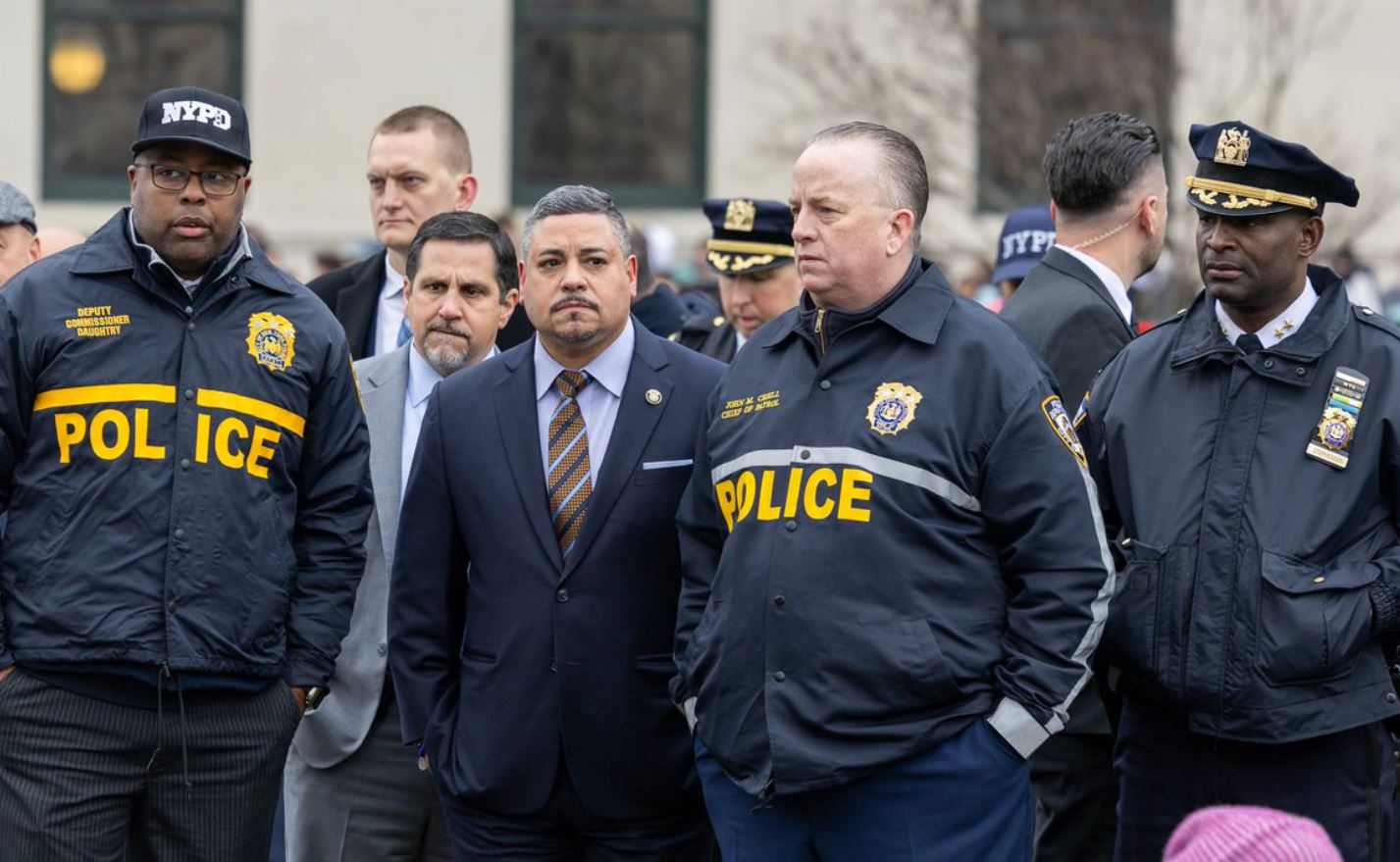Should the Mayor be limited to two terms? Should city elections be non-partisan?
These are among the issues currently being discussed quietly by the Charter Revision Commission.
Although these questions could have important consequences to all New Yorkers, few seem to realize that no less than the future structure of our government is being considered -- and there could be major changes in the wind.
It seems ironic that a term limit may be part of a revised City Charter since this is the very thing Mayor Bloomberg, with an assist from City Council Speaker Christine Quinn, overturned despite two referendums in which the people voted for a two-term limit. The Mayor appointed members of the current charter commission -- but it’s clear, from the chairman, Matthew Goldstein, down, that there are independent-minded people on this panel.
And, as these proceedings unravel, we hear a bitter voice from the past. Randy Mastro, a former deputy mayor, commenting on how Bloomberg and Quinn combined to overthrow term limits in 2009, was blunt.
“Self-interested politicians tend to act in their self-interest. Process does matter and it’s an outrage what they did, not putting it back to the voters.”
The third in a series of public forums by this Charter Commission will be held on Staten Island Thursday evening. The topic: government structure.
Local
Douglas Muzzio, a Baruch College professor, is expected to testify as an expert witness on term limits and non-partisan elections.
Muzzio told me: “The highest priority should be given to the issue of term limits, for it’s an issue that needs to be decided by the voters.”
It’s too late now to do anything about it -- but the Mayor frustrated the will of the voters on this issue in 2009, and some people may be too disillusioned to vote on it again. If there is a provision on term limits placed on the ballot this year, it should be made air tight so the City Council can’t overturn it, the way it did last year.
As for non-partisan elections, this is something the Mayor apparently wants -- and it’s likely to wind up on the ballot. Some good government groups fear, though, that, by curbing the power of political parties, we may be ceding power to wealthy individuals who have the money to run.
I asked Dick Dadey of Citizens Union about the charter revision maneuvers. “Clearly,” he said, “there is a side range of issues being discussed. It’s a tall order, given how little time there is to review all these matters.” Dadey and other reform-minded leaders would like to see some substantive changes that would make the government more democratic.
One proposal being considered would limit the Mayor’s power to withhold money from certain office holders. Under this proposal the Mayor would not decide how much money to allot to the offices of the Public Advocate, the Comptroller or the Borough Presidents. These officers would have independent budgets.
It’s a difficult process, changing our charter -- the constitution under which the city operates. Mayors are reluctant to give up any powers. And this mayor certainly is no exception.
We can hope that, somehow, all the proposals will go into a kind of charter meat grinder and come out as good sausages. We can hope.



